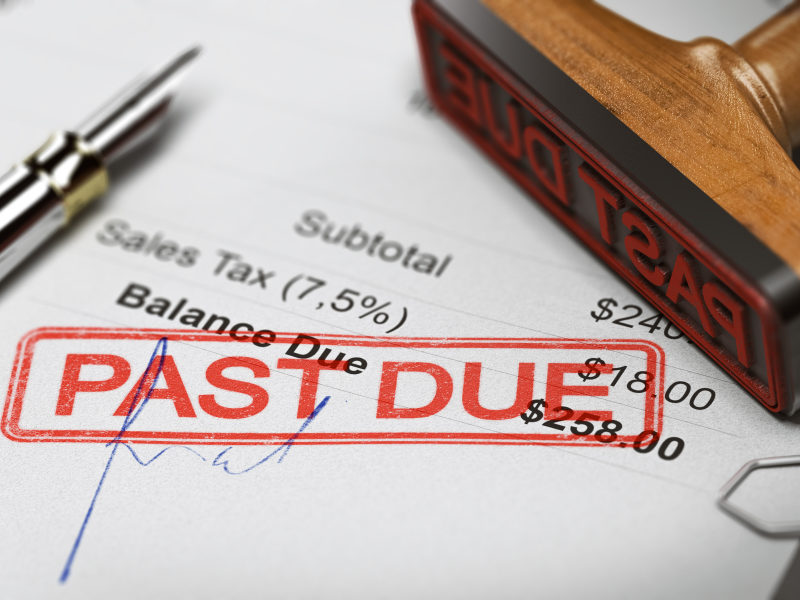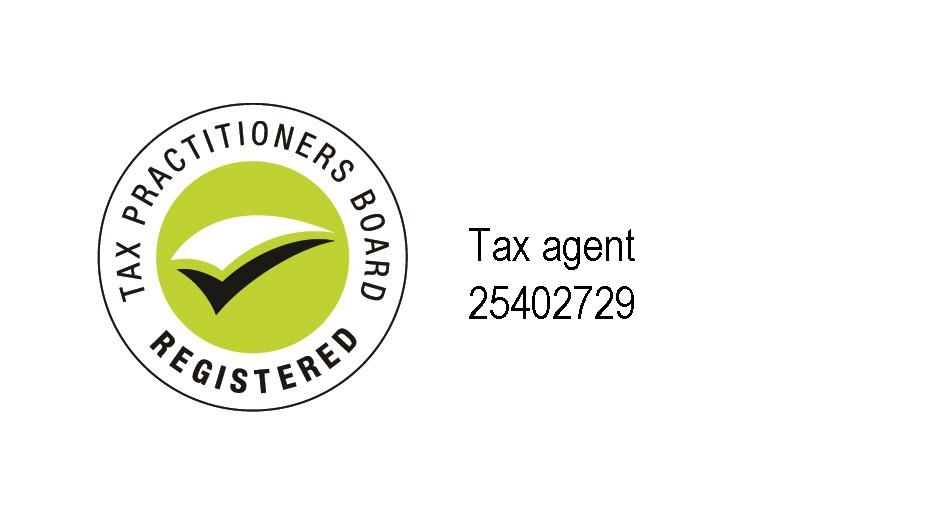Are your bad debts costing you extra tax? Here’s what to do…

Bad debt. It is the bane of every business owner’s existence. “
You have been busy producing, selling and doing. You stop to take a breath and consider your company financials and you notice the aged debtors report. A list of thousands of dollars of unpaid work – labour or product that has been given and often can’t be returned. All for no financial gain.
At this stage of the year, we recommend businesses take this time to consider how you will treat bad debts, whilst you have the time to act and adjust accordingly.
It is important to note two kinds of debt:
- Short Term Debt. If a debt is over 120 days old, there are way and means to encourage payment. This may be your opportunity to consider selling your debt, or as we call it, debtor factoring. This option will allow you to release the entire debt to organisations that have processes in place to recover it.
- Long Term Debt. if you are certain that you have exhausted all avenues to recover the debt or you have been advised by a liquidator that you will not receive payment (and this can include situations where the debt was part paid), it is time to consider a write-off and forgive the debt.
Once you have classified your aged debtors into one of these two categories, you are in a position to apply the strategies required to move forward.

Semmens & Co. have compiled our thoughts on smart and legitimate strategies every CEO, CFO and Director should be aware of to maximize tax benefits and reduce your tax bill in our new e-book Top 9 Tax Tips That Could Save You Thousands. You can learn more about strategies one and two from the e-book by registering to attend our webinar here.
Sections 25.35 of the Income Tax Assessment Act 1997 describes deductibility of bad debts as follows:
You can deduct a debt (or part of a debt) that you write off as bad in the income year if:
(a) it was included in your assessable income for the income year or for an earlier income year; or
(b) it is in respect of money that you lent in the ordinary course of your * business of lending money.
Semmens & Co has produced these handy facts to help guide business owners when making decisions about the bad debts you may consider writing-off:
1. For bad debts to be written-off in the financial accounts, the debt and decision must be in writing. It is important that the business owner makes a conscious decision to ‘forgive’ the debt prior to the end of the financial year.
2. In order to claim a deduction for a bad debt, you must ensure this amount is ‘written-off’ prior to the end of the financial year. Remember, bad debts must be written-off during the year, not after the end of the financial year.
3. The debt must be ‘bad’, not merely ‘doubtful’, to ensure a deduction can be claimed. Generally, a decision needs to be made by the taxpayer as to the likelihood of non-recovery of a debt, before it will be accepted that the debt is bad and the debt, cannot merely be doubtful.
Where a trustee in bankruptcy, receivership or under liquidation and it advises a creditor of the amount expected to be paid in respect of a debt, the remainder of the debt is accepted as bad when the advice is given.
4. Writing-off a bad debt means that you have lost out on that exact amount of money, from your reported profit (the business is writing off its own profit).
5. You are also entitled to claim a refund of the GST paid to the ATO on sales associated with bad debts. This will apply to businesses who report income on an accrual basis.
6. Bad debt can be written-off and GST credits can be claimed back typically when an amount has been outstanding for over 12 months. A deduction for bad debts is not allowable under subsection 25-35(1) of the ITAA 1997 unless the debt that is bad has previously been included in assessable income, or is for money lent in the ordinary course of the business of lending money by a company carrying on that business.
So, in the lead up to the financial year end, Semmens & Co recommends that business owners take this time to:
1. Have a look at outstanding invoices and see if some date back as far as the previous tax year. Consider which debts need to be written-off and which may yet be paid back, however doubtful.
2. Confirm in writing that the debt will be written-off at the end of the financial year, before June 30.
3. Consider debtor factoring for any outstanding debts, less than 12 months old, that remain outstanding at the end of financial year.
Most often, businesses won’t consider these opportunities to maximise tax benefits until it is too late. They are busy producing, selling and doing, rather than planning and strategizing for the inevitable annual company financials review and Company Tax Return.
If you are one of the few that is preparing for year-end financial reporting, well done – you are a step ahead of your competitors! If not, this is a simple strategy that can go a long way towards maximizing your tax benefits.
If you have any questions or need advice and clarity specific to your business, feel free to contact Semmens & Co on 03 8320 0320 for a free consultation.
If you’re looking for more information on how to maximize tax benefits for your business, download our e-book Top 9 Tax Tips That Could Save You Thousands or, learn more about these strategies by registering to attend our webinar.







